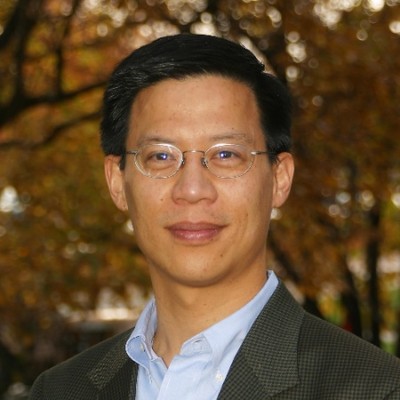Dan Sholler studies what happens when organizations and industries rapidly adopt new technologies. He primarily uses qualitative methods (interviewing, observation, surveys, and archival research) to understand why some workers resist new technologies; how management practices influence technology outcomes; and what role organizational and governmental policies play in shaping the decisions organizations and workers make about using new technologies.
Dan’s research aims to inform technology and labor management strategies, technology governance frameworks, and theories of technological change, especially change that happens in the workplace. He presents the results of the research in academic and practitioner-oriented outlets.
Dan is currently working as a project scientist in the Technology Management Program at the University of California, Santa Barbara College of Engineering. He works with Dr. Matt Beane and studies the implementation, management, and labor implications of robotics and automation in the manufacturing and logistics industries.
He is also the principal investigator on a project documenting the histories of two open-source software languages via oral histories and archival research, supported by the Sloan Foundation. He has also worked as a postdoc with the rOpenSci Project at UC Berkeley’s Institute for Data Science; completed the PhD program and did research at the University of Texas at Austin School of Information; and studied at the University of Pennsylvania’s Department of History and Sociology of Science.
Philip Trammell is an economics DPhil student at Oxford and research affiliate at GPI, an Oxford research institute. His research touches decision theory, game theory, and growth theory. He recently graduated from the MPhil with distinction, where he won the prize for best thesis. Philip also has undergraduate degrees in economics and mathematics from Brown, where he also won the prize for best econ thesis.
Gabriel Unger is an economics PhD student at Harvard. He jointly completed a JD at Yale Law School, and completed his undergraduate education at Harvard. His main field of is macroeconomics. His research broadly attempts to understand how technological changes, like the IT Revolution, change our understanding of important macroeconomic questions, like the mechanics of productivity growth, the rise of industrial concentration, or the transformation of the business cycle.
Luca’s scientific work deals with understanding the effect of AI adoption in organizations. His research centers around three areas. Firstly, he studies algorithmic navigation guidance in human-in-the-loop decision-making systems, delving into the interplay between algorithmic outcomes and human cognitive mechanisms. Secondly, he explores the dynamics of AI diffusion within organizations. Thirdly, he investigates AI’s innovation and design process and the creative work of data scientists. His work has appeared in scientific journals such as the Journal of Product Innovation Management. He was awarded the 2020 Albert Page Award for Outstanding Professional Contribution for the publication “Innovation and Design in the Age of Artificial Intelligence.”

He is interested in technology, innovation, productivity, and the workforce. His prior work experience includes program evaluation and R&D project management in federal government at the National Institute of Standards and Technology, and in public-private partnership programs for early-stage R&D, where he interacted with both start-ups and large corporate R&D centers.
Andrew received a BA in history and economics from the University of California, Berkeley, and a PhD in economics from Harvard University.
Wajeeha is a PhD student at the Management Science and Engineering department at Stanford interested in examining the role of digital platforms in enabling entrepreneurship and creating shared prosperity. Before coming to Stanford, she received a BS in Mathematics and an MS in Technology and Policy from MIT.
In addition to being a visiting student researcher at the Lab, Rebecca Janßen is a researcher in the Digital Economy Department at ZEW Mannheim and a PhD student at the University of Zurich. Her work focuses on digital platforms, digital health, and the consequences of AI.
Saurabh is a PhD candidate in education policy and a William R. and Sara Hart Kimball Fellow at Stanford. He studies social, economic, and information networks in the context of developing nations. Working around knowledge graphs and fairness of knowledge access on the internet, Saurabh is building an open-source web platform that dynamically evaluates biases in internet search results.
Previously, he worked as a research assistant in the Empirical Economics group at Microsoft Research’s New England lab.
Alex also worked for two years as an economic analyst for Wells Fargo Securities after completing his undergraduate degree in economics and business administration from the University of North Carolina at Chapel Hill.
Zanele graduated from Duke University in 2015, where she was a Reginaldo Howard Memorial Scholar, with a B.S. in computer science. She has also studied at the University of Delaware, University College London, and Stanford University.
Her previous engineering roles include computer networking research, Android and iOS development, natural language processing research, and data mining and analysis.